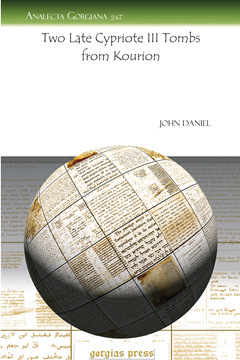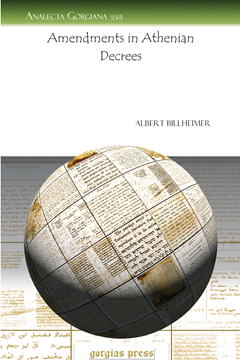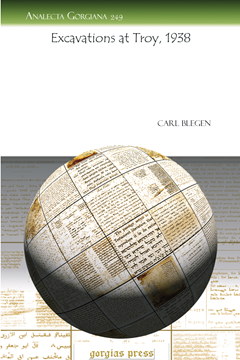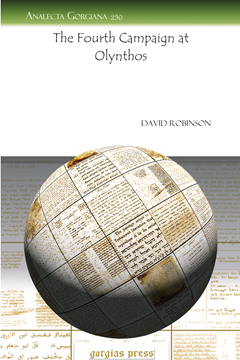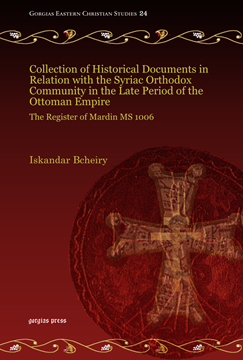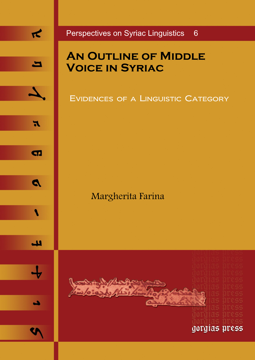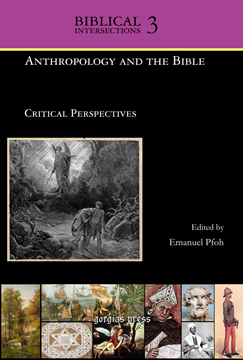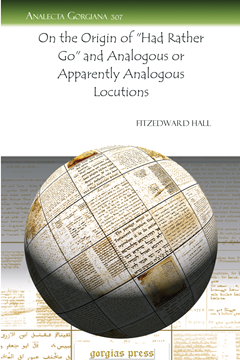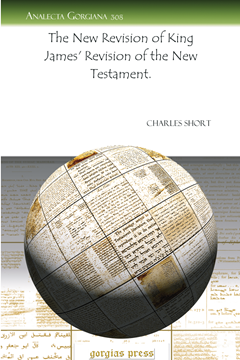Two Late Cypriote III Tombs from Kourion
By John Daniel
Series: Analecta Gorgiana 247
ISBN: 978-1-60724-476-9
This is the site report for a series of tombs in Cyprus dating from the Late Cypriot III period, and includes a wealth of information about the burial customs, tomb-shafts, and goods of entire Cypriot tombs.
$38.00 (USD)
Amendments in Athenian Decrees
Series: Analecta Gorgiana 248
ISBN: 978-1-60724-477-6
Billheimer uses surviving amended Athenian decrees to reverse-engineer the legislative process that may have produced them, and the subsequent steps that intervened between the voting and promulgation of an amendment.
$36.00 (USD)
Excavations at Troy, 1938
By Carl Blegen
Series: Analecta Gorgiana 249
ISBN: 978-1-60724-478-3
The fifth of Carl Blegen's reports on the excavation of Troy for the American Journal of Archeology concentrating on detailed study of artifacts and finds on the citadel.
$35.00 (USD)
The Fourth Campaign at Olynthos
Series: Analecta Gorgiana 250
ISBN: 978-1-60724-479-0
David Robinson, the first to excavate the ancient city of Olynthos, presents his second report on the site and his excavations.
$36.00 (USD)
Collection of Historical Documents in Relation with the Syriac Orthodox Community in the Late Period
The Register of Mardin MS 1006
Series: Gorgias Eastern Christian Studies 24
ISBN: 978-1-60724-994-8
In the Ottoman Empire, Syriac communities kept their own baptismal books, marriage, funeral and other records and many of these can be found in various libraries, churches, monasteries in the West and East. The Syriac Garšūnī manuscript found in the Church of the Forty Martyrs in Mardin contains several lists of different subjects that go back to the late period of the Ottoman Empire. These lists, published here for the first time with annotations, are an important historical source for the social, economic, cultural and religious history of the Near East during the 19th century.
$153.00 (USD)
An Outline of Middle Voice in Syriac
Evidences of a Linguistic Category
Series: Perspectives on Syriac Linguistics 6
ISBN: 978-1-4632-0145-6
This study presents a modern linguistic approach to the function of the Syriac et-verbal prefix. Based on a detailed analysis of a number of early Syriac texts, it proposes a unified account of the different values traditionally attributed to the Syriac et- stems. Farina views the data within a typologically comparative framework derived from a cross-linguistic study of middle conjugations.
$132.00 (USD)
Anthropology and the Bible
Critical Perspectives
Edited by Emanuel Pfoh
Series: Biblical Intersections 3
ISBN: 978-1-60724-956-6
The papers in this anthology represent the proceedings of the Anthropology and the Bible session from the European Association of Biblical Studies Annual Meeting held in Lincoln, UK (July 2009). The main aim of the session is to foster critical uses of social anthropology for reading biblical scholarship and ancient Near Eastern studies related to the Bible. The papers of this volume reflect all these perspectives and stand as a critical renewal of the uses of anthropology and sociology in biblical scholarship in distinction to social-science approaches.
$128.00 (USD)
The 'Ablaut' of Greek Roots Which Show Variation between e and o
Series: Analecta Gorgiana 306
ISBN: 978-1-60724-538-4
Maurice Bloomfield applies the principles of linguistics to find the proper root forms for Ancient Greek words, a task complicated by the vowel shift that occurs when Greek words (particularly verbs) are inflected.
$40.00 (USD)
On the Origin of "Had Rather Go" and Analogous or Apparently Analogous Locutions
Series: Analecta Gorgiana 307
ISBN: 978-1-60724-539-1
Fitzedward Hall, an editor of the Oxford English Dictionary, examines the construction “had rather” in English as it is used with verbs (Had rather go, etc.), which many grammarians found to be a puzzling grammatical anomaly.
$39.00 (USD)
The New Revision of King James' Revision of the New Testament.
Series: Analecta Gorgiana 308
ISBN: 978-1-60724-540-7
Charles Short gives a clear and thorough overview of the history of the English Bible and its relation to the changing editions of the Greek and Hebrew texts, then gives a detailed analysis of the revised text of Matthew.
$67.00 (USD)
